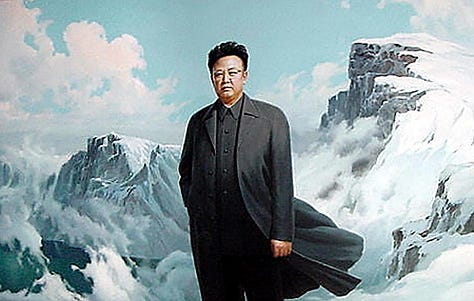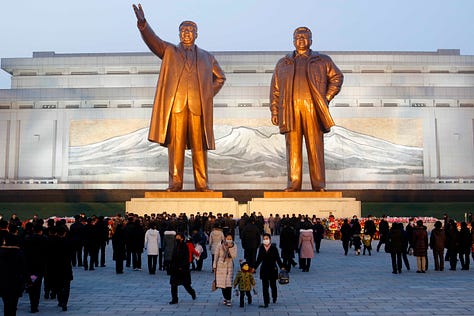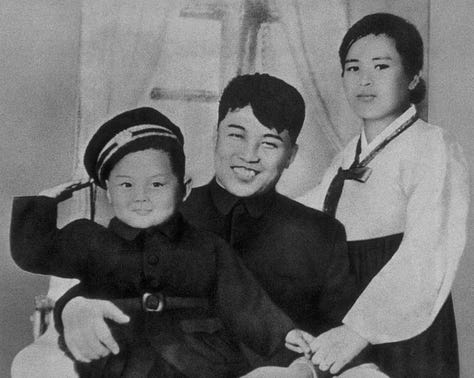Shining Star
Chairman Kim Jong II devoted his whole life to the prosperity of his country and the happiness of the people.



N. Korean Embassy celebrates ‘Day of the Shining Star’ (VIDEO)
By Khmer Times
The Embassy of North Korea to Cambodia celebrated on Wednesday the 82nd anniversary of its former leader, Chairman Kim Jong II, who devoted his whole life to the prosperity of his country and the happiness of the people.
According to the North Korean state, Jong Il was born on Fe…



